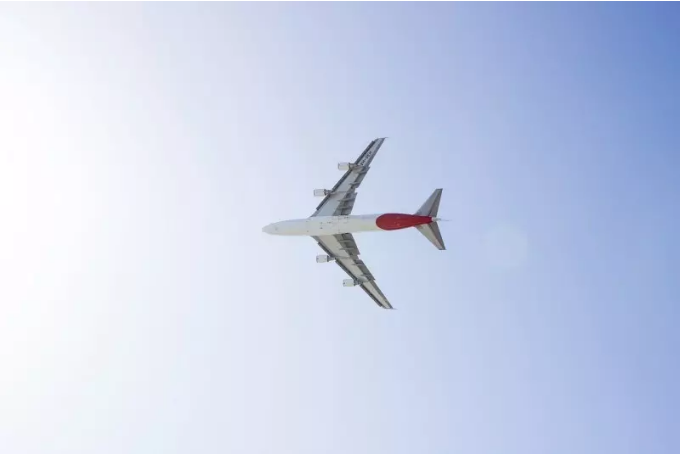
According to a statement released by the Montreal-based trade association, which represents 280 airlines, the first such flight, which served as an experiment, took place in February 2008 when a Boeing 747 of Virgin Atlantic flew from London to Amsterdam. Even though the plane had sustainable aviation fuel (SAF) in only one of its four engines, the flight demonstrated the viability of alternative fuels in aviation.
According to IATA’s Director General Alexandre de Juniac, the momentum for sustainable aviation fuels is now unstoppable: in only ten years the world passed the threshold of 100,000 flights fuelled by altarnative fuels, and IATA wants 1 billion passengers to have flown on a SAF-blend flight by 2025.
However, the aviation industry needs governments to incentivise production of sustainable aviation fuels and ensure it is as attractive to produce as automotive biofuels, Alexandre de Juniac said.
IATA is pushing to increase uptake of sustainable aviation fuels based on earlier studies which showed that this could cut net carbon dioxide emissions by 50% compared to 2005 levels, and the aviation industry could achieve carbon-neutral growth from 2020, which means further growth in air traffic would not increase carbon emissions.
A number of airlines, including Cathay Pacific, Qantas, JetBlue, Lufthansa, United and FedEx, have made pioneering investments by forward-purchasing 1.5 billion gallons of SAF, while airports in Oslo, Los Angeles, Stockholm and Brisbane are already mixing SAF with the general fuel supply.
